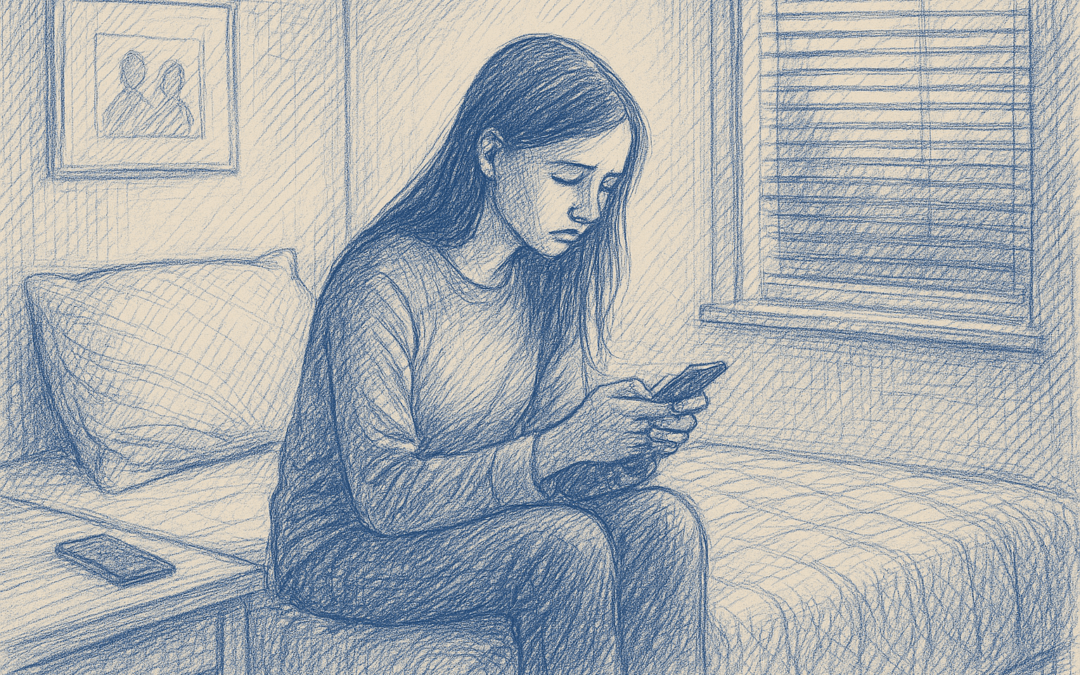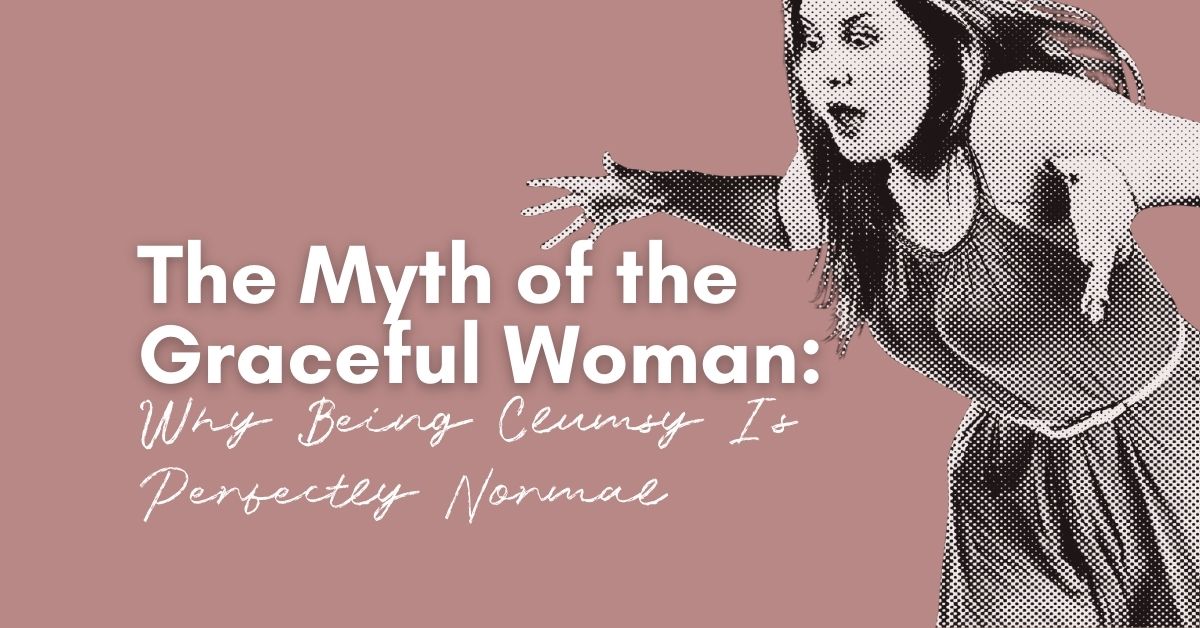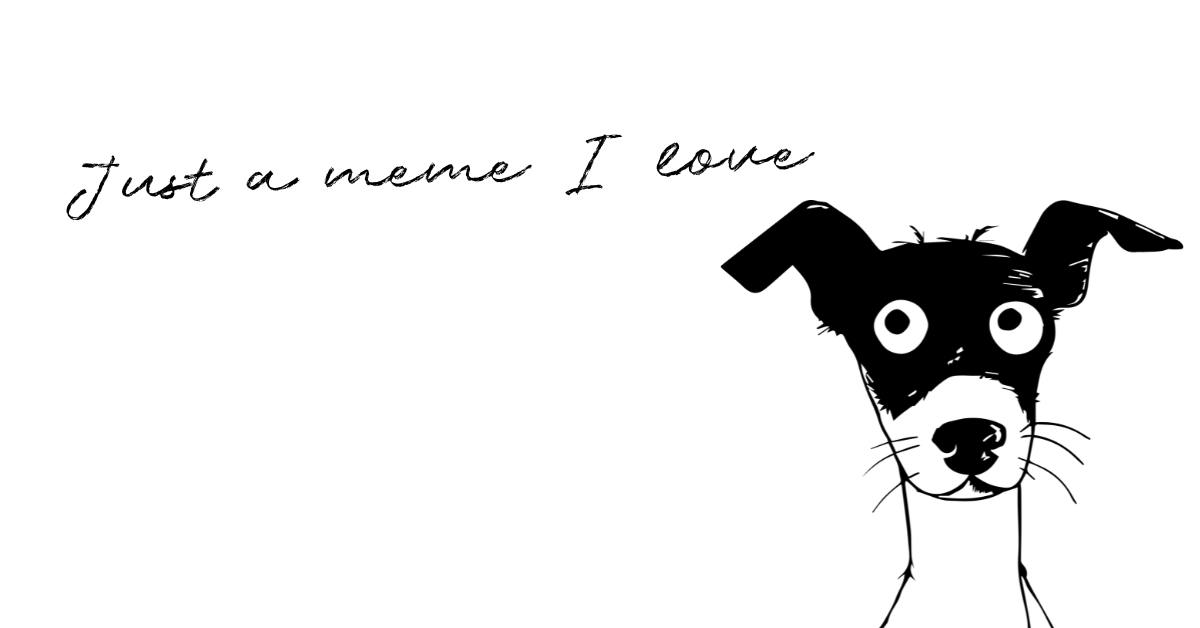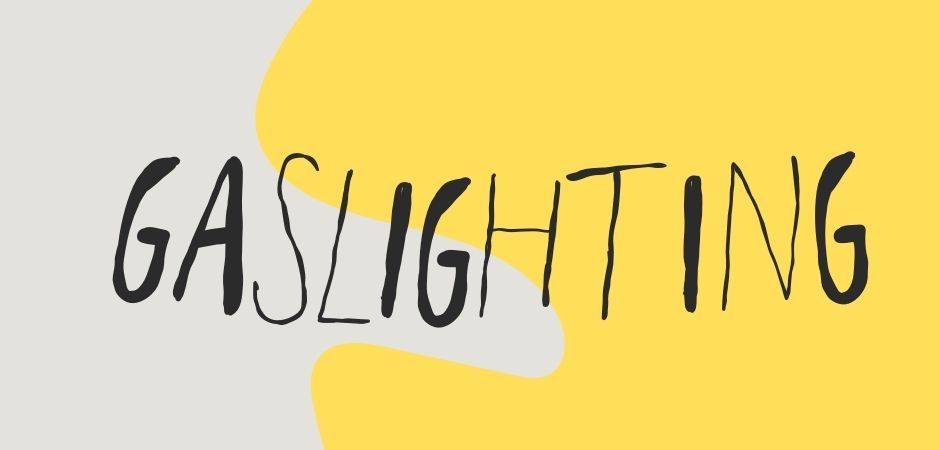It’s 2:47 a.m. and I’m scrolling through Instagram, watching strangers toast champagne in Santorini, cuddle golden retrievers, and post “raw” captions that somehow still feel filtered. I’m not sad, exactly. But I’m not okay, either. I’m lonely. And I know I’m not alone in that.
In a world where we can FaceTime across oceans and “like” a hundred photos before breakfast, why do so many of us feel so disconnected? The answer is messy, layered, and deeply human if we’re brave enough to look.
The Digital Age: More Screens, Fewer Souls
We were promised connection. Instead, we got curated highlight reels and dopamine loops. A 2025 Baylor University study found that both passive scrolling and active posting on social media were linked to increased feelings of loneliness over time. Even when we’re engaging, we’re often left feeling emptier than before.
It’s not just the quantity of our interactions that’s changed, it’s the quality. We’ve traded deep conversations for comment threads, shared silences for typing indicators. And in doing so, we’ve lost something vital.
The Health Toll: Loneliness as a Silent Epidemic
Loneliness isn’t just a feeling; it’s a health crisis. The U.S. Surgeon General has equated the health risks of chronic loneliness to smoking 15 cigarettes a day. It increases the risk of heart disease, stroke, dementia, and premature death.
Mental health suffers, too. Lonely individuals are more prone to depression, anxiety, and suicidal ideation. The emotional pain of isolation can be as real and as damaging as physical pain.
The Vicious Cycle: Social Media and Loneliness
It’s a cruel irony: we turn to social media to feel connected, but it often leaves us feeling more isolated. A longitudinal study among Chinese college students found a bidirectional relationship between loneliness and problematic social media use—each feeding into the other over time.
The more we scroll, the lonelier we feel. And the lonelier we feel, the more we scroll. Breaking this cycle requires conscious effort and, often, a reevaluation of our digital habits.
The Generational Divide: Gen Z and the Loneliness Surge
Gen Z, the first generation to grow up entirely in the digital age, is experiencing unprecedented levels of loneliness. A 2025 report revealed that one in four young Australians reports loneliness as a daily stressor. Social media, while offering avenues for connection, often exacerbates feelings of isolation among youth.
The constant exposure to others’ curated lives can lead to feelings of inadequacy and exclusion, further deepening the chasm of loneliness.
The Illusion of AI Companionship
In an attempt to address the loneliness epidemic, tech leaders like Mark Zuckerberg have proposed AI companions as a solution. While AI can offer temporary comfort, it cannot replace the depth and complexity of human relationships. Overreliance on AI risks diminishing the value of genuine human interaction and may lead society to neglect essential social infrastructure.
True connection requires vulnerability, empathy, and shared experiences—qualities that AI, no matter how advanced, cannot authentically replicate.
Reclaiming Connection: Steps Toward Healing
Addressing loneliness in the digital age requires intentional action:
- Digital Detox: Set boundaries for screen time. Designate tech-free zones and times to foster real-world interactions.
- Community Engagement: Participate in local events, volunteer, or join clubs to build meaningful relationships.
- Mindful Technology Use: Use social media intentionally. Engage in content that uplifts and connects rather than isolates.
- Seek Support: If loneliness becomes overwhelming, reach out to mental health professionals or support groups.
By taking these steps, we can begin to rebuild the social fabric that technology has, in some ways, unraveled.
A Personal Reflection
I remember a time when I felt truly connected—not through likes or comments, but through shared laughter and unfiltered conversations. It was messy, imperfect, and real. In our pursuit of digital perfection, we’ve lost sight of the beauty in imperfection.
Let’s choose to be present. To look up from our screens and into each other’s eyes. To embrace the awkward silences and the unfiltered moments. Because in those spaces, true connection thrives.
Further Reading:
The Impact of Social Media on Mental Health
Health Effects of Social Isolation and Loneliness – CDC
Sources:
Baylor University Study on Social Media and Loneliness
CDC on Health Effects of Social Isolation and Loneliness
BMC Psychology Study on Social Media and Loneliness in Chinese Students
News.com.au Article on Youth Loneliness in Australia
TIME Magazine Essay on AI Companions by Mark Zuckerberg



